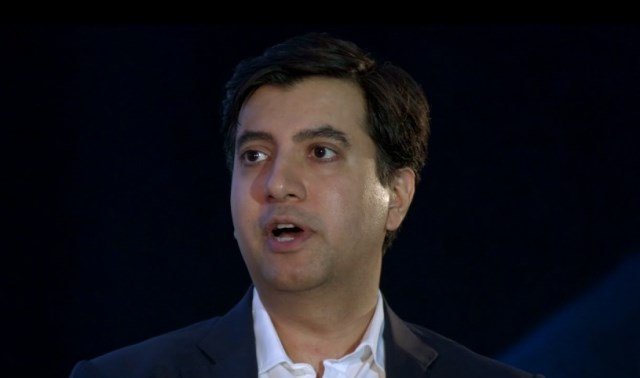Pakistan’s economy is a major subject getting talkability amongst experts along with the general audience. Netizens, journalists alongside the youth are raising concerns over the current economic situation, to which Ali Jehangir Siddiqui, Pakistan’s Former Ambassador to the USA has provided a thorough economic analysis in comparison to Pakistan’s peer countries.
The analysis was presented at the Margalla Dialogue, an event held in Islamabad comprising of high-profile personalities such as President of Pakistan H.E. Dr. Arif Alvi; Prime Minister Shahbaz Sharif; Former COAS General Qamar Javed Bajwa; Finance Minister Ishaq Dar as well as Former Senator and Federal Minister Javed Jabbar among many others.
The Margalla Dialogue is an annual event conducted by the Islamabad Policy Research Institute (IPRI) – where global experts gather every year to push forward Pakistan’s narrative on key issues through discourse on critical national, regional, and global issues.
‘Pakistan at 100’ was one of the key topics of discussion in which Siddiqui presented an analysis of Pakistan’s economic growth as compared to its peer countries.
Ali Jehangir Siddiqui’s analysis of Pakistan’s economy at 100
According to Siddiqui’s analysis, Pakistan’s GDP per capita is expected to grow by 3.5 times by the time it is 100, which in comparison to peer countries falls short by up to 12 times the growth rate. Pakistan’s neighbor, Iran, is expected to grow by 6 times, while Bangladesh is expected to grow by 12 times over the next 25 years in contrast.
According to Ali, Pakistan’s population in the next 25 years will be 55% more than today, as compared to peer countries whose population is expected to grow 10-20 percent. Hence, Pakistan will only be able to spend a fraction of what its peers spend on healthcare, education, nutrition, basic necessities, or improvement in quality of life by the time it turns 100.
He stated that with the current growth rate and policies, our share of world prosperity stays the same and is shared with a larger number of people. In conclusion, Pakistan’s citizens will not be as better off as those in peer countries.
His analysis wrapped up by emphasizing on a 25 year long effort to solve this, despite already being decades behind.
Drastic steps would be required on taxation and a variety of other areas. “It is time for a dramatic and thoughtful redesign of all of our economic policies including tax and public finances,” he commented.
Ali Siddiqui is a Pakistani diplomat and entrepreneur, who has served as the Ambassador of Pakistan to the United States. He has also served in various business and government advisory councils, policy institutions and commercial entities, including JS Bank.





Watch Asian TV shows and movies online for FREE! Korean dramas, Chinese dramas, Taiwanese dramas, Japanese dramas, Kpop & Kdrama news and events
How Amazing Calculations in given policies